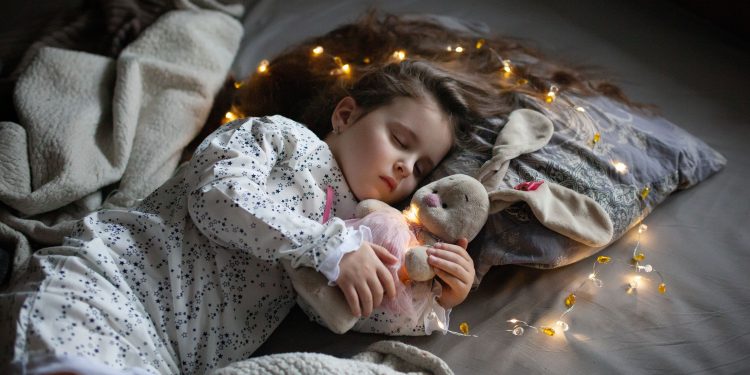Sleep difficulties are common in children in adolescents with autism spectrum disorders with an estimated prevalence of 50% to 80%. This is important because disrupted sleep is associated with several daytime symptoms as well as parental sleep disruption and stress. In children with autism spectrum disorder who also suffer from disrupted sleep, daytime symptoms may include increased repetitive, hyperactivity, sensory issues, aggression, and anxiety.
The relationship between autism and sleep is bidirectional. Children with this kind of spectrum disorder have a higher common occurrence of sleep difficulties compared to that typically developing children. Not getting enough sleep worsens some features of autism spectrum disorder such as sensory difficulties and anxiety. The most common sleep difficulties in children with autism spectrum disorder include delayed sleep onset, frequent nocturnal awakenings, reduced sleep duration, and early morning awakenings. Children with a disorder like this typically have a shorter duration of REM sleep. This sleep is especially important for learning and enhancing one’s memory. an increased proportion of light sleep is indicative of sleep fragmentation and poor sleep quality.
Causes of Sleep Difficulties
Causes of sleep difficulties in children with autism are often contributed to multiple factors. Most of the behavioral causes of sleep difficulties that are generally experienced by typically developing children such as inadequate sleep hygiene and bedtime resistance can also be present, adding to challenges that are unique to autism spectrum disorder. Challenges such as communication impairment and sensory processing issues are some of the most common ones.
Children with autism spectrum disorder may have abnormal melatonin production as well as impaired GABA and serotonin transmission, which are neurotransmitters involved in setting up and maintaining a regular sleep-wake cycle. Some studies over the years have shown that some children with autism spectrum disorder have mutations in clock genes. The clock genes are the genes that control our sleep-wake cycles and circadian rhythm.
Additionally, other commonly co-occurring medical problems such as anxiety, ADHD, epilepsy, and constipation can all disrupt sleep. With such variable causes identifying and treating sleep difficulties with autism spectrum disorder can be challenging. The focus should be on the early assessment of children with autism through a combination of practices such as knowing about the history, sleep diaries, and actigraphy (when available) is important.
Actigraphy is a study in which an ACTi Graph, a device similar to a Fitbit, is worn on the wrist to record movements and light exposure which is then used to estimate sleep-wake patterns. A sleep history should include an assessment of typical bedtime routine, environmental factors such as co-sleeping or whether the patient shares a room with their sibling, underlying medical problems such as GI issues, epilepsy, and screening for sleep disorders such as disruptive sleep apnea and restless leg syndrome.
Treatment
The beginning treatment of sleep difficulties in children with the disorder includes addressing primary sleep problems. These problems may include obstructive sleep apnea or restless leg syndrome. Addressing other medical conditions that may be contributing to difficulties such as GERD or anxiety. Establishing healthy routines, taking care of the environmental barriers to sleep such as noise levels and visual stimuli, behavioral therapy for sleep, and if necessary, pharmacotherapy.
Behavioral therapy and optimizing sleep hygiene are first-line treatments that are considered by doctors when addressing sleep disorders. Especially behavioral therapies because they are effective in a majority of children with an autism spectrum disorder. Important strategies that can be implemented initially include limiting exposure to digital screens and loud noises approximately one hour before bedtime and exercising in the daytime. Establish a regular sleep routine and limiting caffeine consumption, especially in the afternoon and evenings, and maintain a consistent schedule including on weekends.
If the child is not responding to behavioral therapies and sleep hygiene alone, you may need to consider medicines as well. It is important to note that children with autism are more likely to be prescribed medications for sleep compared to typically developing children. Other pharmacological agents typically used to treat insomnia in children with autism include clonidine and gabapentin. If you see any signs or symptoms of sleep disorders, please take your child to the nearest sleep clinic and get a consultation.











Discussion about this post